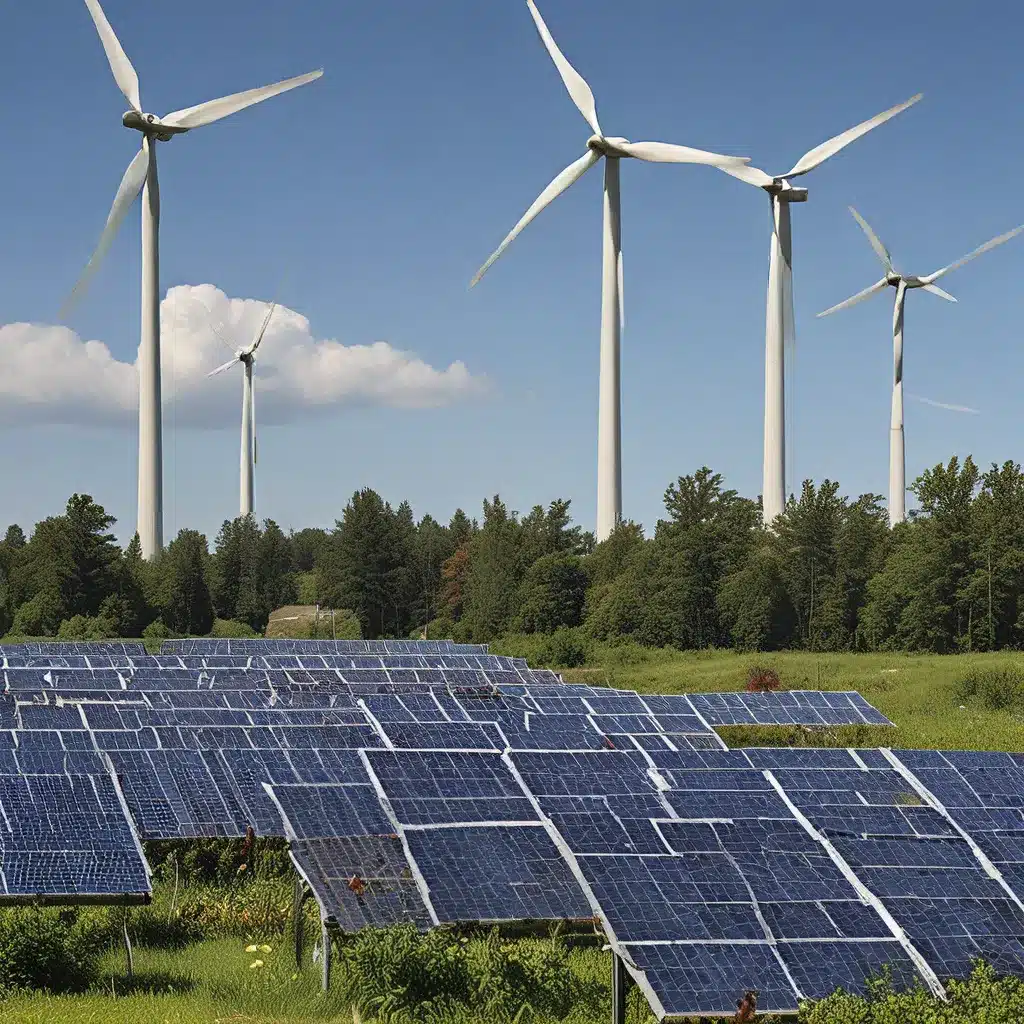
The Path to Clean Energy Prosperity for All
As the world economy transitions away from fossil fuels, new opportunities arise to create healthier and more resilient communities, widespread economic prosperity, and good paying jobs across the country. The U.S. Department of Energy (DOE) is committed to ensuring all Americans benefit from this shift to clean energy, no matter their background or where they live.
The DOE’s Office of Energy Efficiency and Renewable Energy (EERE) has implemented a growing number of programs, funding opportunities, and research and development projects to address energy equity and environmental justice across the nation. Historically, low-income communities and communities of color have been disproportionately affected by pollution, extreme weather events, and other environmental impacts of fossil fuel generation. Therefore, these disadvantaged communities stand to benefit the most from access to renewable energy technologies, energy-efficient housing, and low-carbon transportation options.
The DOE is committed to targeting disadvantaged and underserved communities so that all Americans can reap the rewards of our recalibrated energy system. This transformative commitment requires innovative solutions and inclusive policies that prioritize equity and justice.
Unlocking the Potential of Renewable Energy for All
One of the key ways the DOE is driving this change is through their EERE prizes and funding opportunities. These initiatives are designed to inspire and support anyone with an idea for a project that brings clean power, energy resilience, and environmental justice to their local community. By lowering barriers to entry, EERE is empowering diverse voices and perspectives to shape the future of renewable energy.
Firewinder, for example, is a company that has received EERE funding to develop innovative solar technologies for underserved urban communities. Their work is a testament to the power of inclusive policies that prioritize energy equity and environmental justice.
But the DOE doesn’t just provide funding – they also seek out expert input to inform their decision-making. If you have academic experience, lived experience, or other knowledge in energy equity and environmental justice (including how they relate to diversity, equity, and inclusion), consider becoming an EERE reviewer. Your valuable contribution can help shape the future of clean energy projects in your community and beyond.
A Holistic Approach to Energy Justice
The DOE’s commitment to energy equity and environmental justice extends beyond just funding and project selection. They’ve also developed the Justice40 Initiative, which aims to ensure that at least 40% of the overall benefits of certain federal investments – including in clean energy and energy efficiency – flow to disadvantaged communities.
This holistic approach recognizes that the transition to clean energy must also address the historical and ongoing disparities faced by marginalized communities. By prioritizing equity and justice, the DOE is working to create a future where the benefits of renewable energy are accessible to all, regardless of one’s background or zip code.
The Weekly Jolt: Staying Informed and Engaged
Staying up-to-date on the latest developments in energy equity and environmental justice can be a challenge, but the DOE has made it easier with the Weekly Jolt. This digest delivers the top clean energy news, tips, events, and information from the DOE and EERE directly to your inbox.
By subscribing to the Weekly Jolt, you’ll be the first to know about new EERE prizes and funding opportunities, as well as the latest research and initiatives related to energy equity and environmental justice. It’s a great way to stay informed and potentially get involved in shaping the future of clean energy in your community.
Empowering Change through Collaboration
The transition to renewable energy is not just about technology – it’s also about addressing the systemic inequities that have left some communities behind. The DOE’s energy equity and environmental justice efforts recognize this crucial connection and are working to create a more just and inclusive clean energy future.
But the DOE can’t do it alone. They rely on the expertise and lived experiences of individuals and organizations across the country to inform their work. By collaborating with diverse stakeholders, the DOE can develop more effective policies, programs, and solutions that truly meet the needs of all Americans.
So, if you’re passionate about renewable energy and environmental justice, I encourage you to explore the DOE’s resources, get involved as a reviewer, and stay informed through the Weekly Jolt. Together, we can build a clean energy future that works for everyone, no matter their background or zip code.

